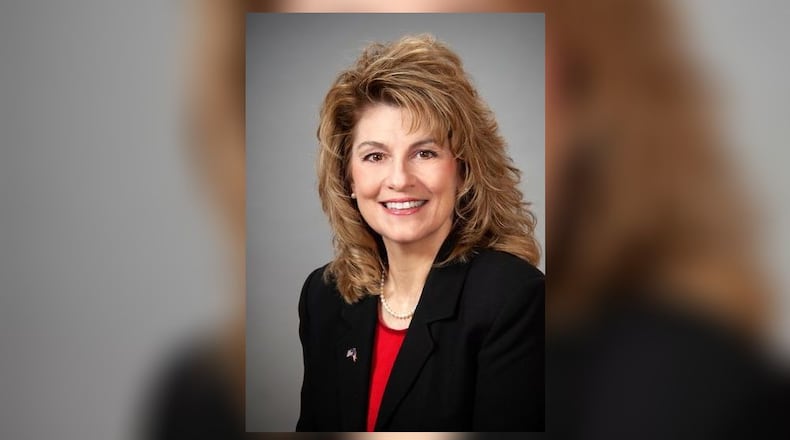“That was legislation that was dropped in my lap,” said Gross, a Republican from West Chester Twp. “I had no idea that it would run my life.”
The lawmaker said that the legislation was submitted to Gross by the Ohio Advocates for Medical Freedom.
“I want to be clear. I never was, and still am not, an anti-vaccination person,” she said.
House Bill 248 is similar to executive orders signed in other states, prohibiting proof of vaccination and medical discrimination. Members and supporters of Ohio Advocates for Medical Freedom attempted to get its legislation on the Ohio ballot, but was rejected by Ohio Attorney General Dave Yost, who told the group in a Dec. 9 letter he was “unable to certify the summary as a fair and truthful representation of the proposed statute” for three reasons.
House Bill 218, which has been deemed a diluted or watered-down version of House Bill 248, passed the House. That bill has had two hearings with nearly 100 people in opposition and about a dozen supporting the bill.
Gross said she was "sidelined" by House Bill 248 "and it made it so I could not work on other legislation.
Heading into 2022, Gross plans to re-focus on why she ran for office.
”Boringly, I’m“ a de-regulatory girl. I want to see licensure compacts. I want to see less restriction. I want to see less government involvement,” she said. “So you’re going to see me push against bills that decrease freedom for Ohioans and increase regulation for the state.”
As for House Bill 248, Gross, a nurse practitioner, said she took on that bill because she has "always been pro-medical freedom."
“I want to be clear. I never was, and still am not, an anti-vaccination person,“ she said. “Everybody tries to label me an anti-vaxxer, which I am not.”
Bills Gross said she’d focus on in the second half of the state’s current legislative session includes reducing regulations to help businesses succeed, and focus on House Bill 495, a bill that requires medical professionals to offer patients a chaperone in the exam room.
“It’s a small bill, but it makes it safer for patients in the exam room,” she said.
Gross also wants to hear from more of her constituents, including those on the left of the political spectrum.
“I do want to hear the good, the bad, and the ugly,” she said, adding that she represents Democrats and Republicans and feels she’s not hearing from many of them. “The number one priority in my office is my constituents, and I’m always going to serve that way as long as I’m given an opportunity to do that.”
About the Author

